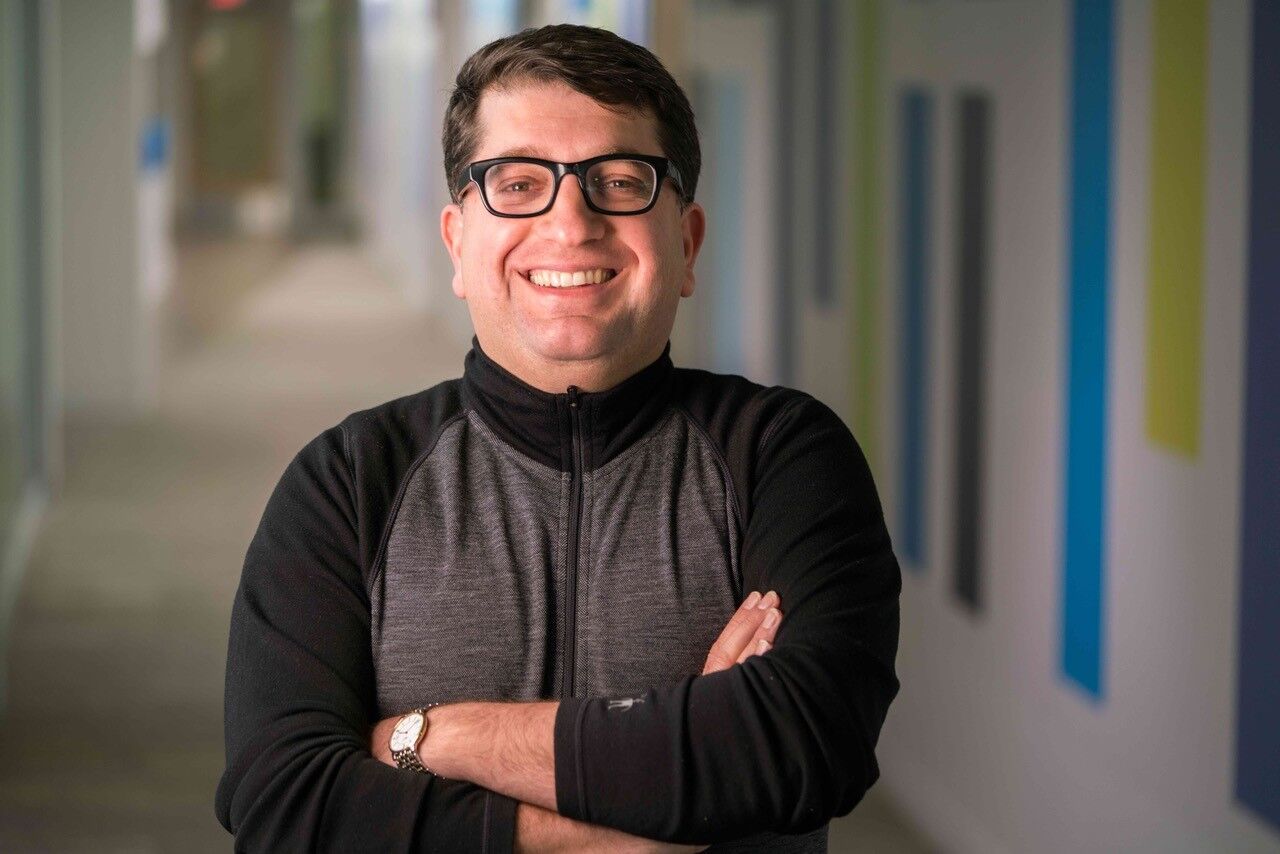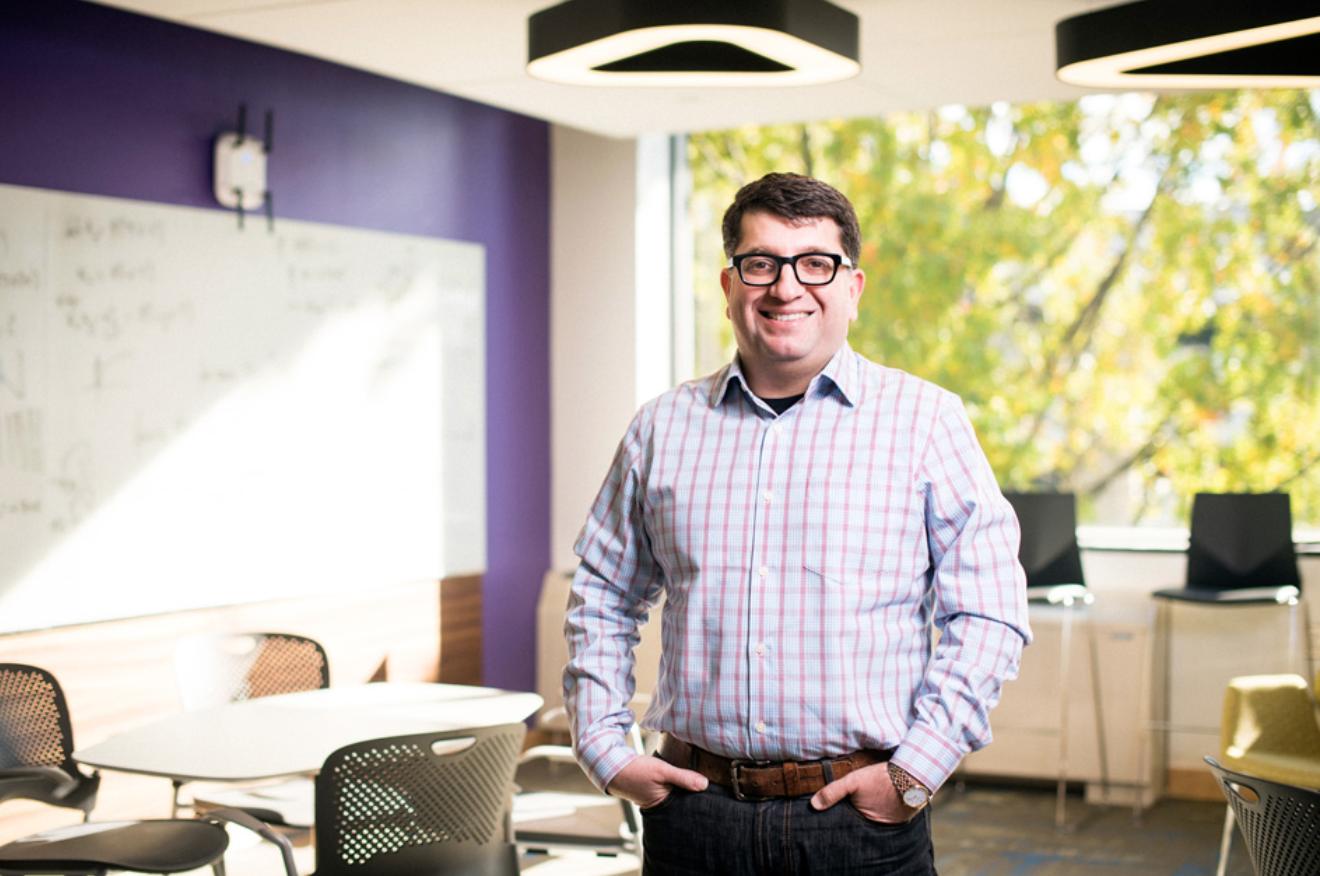(Pictured is a police officer and commuters in downtown San Andres Island, Colombia, March 2017. Image: iStock) International research co-led by Professor Fotini Christia finds an approach lauded in the US works differently in other regions.
Characterizing social networks
(Image: Adobe Stock) MIT researchers developed a new measure to understand whether homophily occurred in group interactions. Their work can help identify when certain characteristics are important for predicting if groups will interact in the future.
PRESTIGIOUS MURI AWARD
[tm_pb_section admin_label="section"][tm_pb_row admin_label="row"][tm_pb_column type="4_4"][tm_pb_text admin_label="Text" text_orientation="justified" use_border_color="off" border_color="#ffffff" border_style="solid"] A team led by IDSS and LIDS professor Ali Jadbabaie, JR East Professor of Engineering in the Department of Civil and Environmental Engineering, and Director of the MIT Sociotechnical Systems Research Center (SSRC), has been awarded a multidisciplinary university research initiative...
Systems theory for society’s big problems
Ali Jadbabaie seeks to optimize large-scale systems, from social networks to teams of people or devices. Some of the biggest issues facing humanity — from global climate change, to water and power infrastructure, to monetary systems, social networks, and other complex systems — involve massive amounts of data that are...





